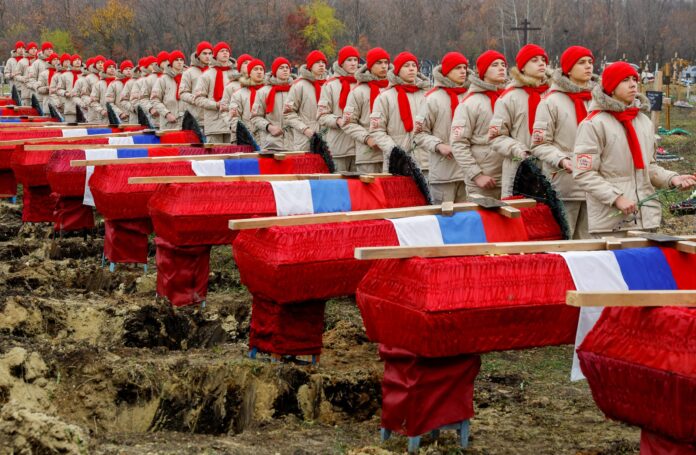Operation Z
UKRAINE / MODERN TIMES' regular commentator, John Y. Jones, gives us here in this essay (via Jacques Baud) an overview of the balance of power, the progression of the Ukraine war, the propaganda threat, the Russians' intentions and Western reactions, the Nazi accusations and lies campaigns.
(THIS ARTICLE IS MACHINE TRANSLATED by Google from Norwegian)
This article is only available proofread by us
in English at Modern Times Review – just click.


